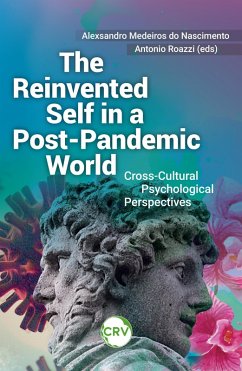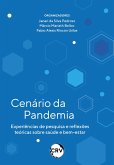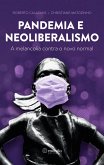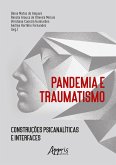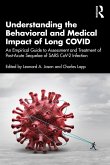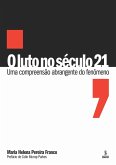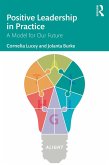The COVID-19 pandemic was considered one of the greatest planetary catastrophes, with socioeconomic and human impacts, and many deaths, similar to the World Wars, the Spanish Flu outbreak of the 20th century, and the Black Death in the Medieval period. Similar to what was experienced in Europe during the plague outbreaks, the world faced a highly lethal, rapidly spreading disease, which rekindled primal fears and led to unprecedented levels of death anxiety and concern for the future. The COVID-19 pandemic gained the status of an epistemic event, which called into question scientific knowledge and our most deep-rooted philosophical and spiritual beliefs and undermined our confidence in the stability of our modern lifestyle and how we relate to each other and Nature. In this context, Psychology was called upon to use its theories and techniques to understand the psychological impacts of the pandemic, guide public health policy, and support affected populations. This book - "The Reinvented Self in a Post-Pandemic World: Cross-Cultural Psychological Perspectives" - is a testimony to the work of psychologists and specialists in related areas from 4 continents (Europe, Africa, North America, and South America) on research focused on identifying psychological strengths needed to cope with crises, as well as the cognitive and emotional resources for resignifying the Self and Reconstruction of the post-pandemic Future. The diversity of themes presented (self-awareness, concern, anxiety about death due to coronavirus, religiosity, gratitude, and mystical experience, among others) makes up an impressive tapestry of meanings and testament to cross-cultural experiences during the dark times of the COVID-19 pandemic.
Dieser Download kann aus rechtlichen Gründen nur mit Rechnungsadresse in A, B, BG, CY, CZ, D, DK, EW, E, FIN, F, GR, H, IRL, I, LT, L, LR, M, NL, PL, P, R, S, SLO, SK ausgeliefert werden.

